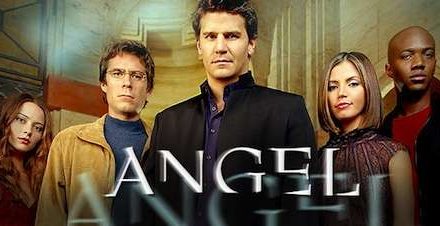Hidden Figures of Screen Music and Sound
One-day conference
Tuesday 23 June 2020
Royal Holloway, University of London
Deadline for proposals: Friday 27 March 2020
Much current academic and cultural discourse is rightly devoted to questions of representation, and to exposing structures of inequality. Recent scholarship on screen music and sound specifically has begun to shift focus away from star composers, sound designers, and directors towards less celebrated individuals. This one-day conference aims to bring together scholars from screen studies, sound studies, and musicology who are working on similar ‘hidden figures’ in the production of music and sound for screen media.
We invite 20-minute papers that address one or more of the following themes:
- The work of individuals from communities underrepresented in the screen-music and screen-sound industries (e.g. women, people of colour, LGBTQ+ people).
- The work of individuals in less visible screen-music and screen-sound production roles (e.g. arrangers, orchestrators, music supervisors, foley artists, location sound recordists) – and the creative duties and contributions of those roles more broadly.
- Industrial and critical processes of marginalization (e.g. in hiring and marketing).
Abstracts of maximum 250 words should be submitted to hiddenfiguresconference@gmail.com by Friday 27 March 2020. Queries may also be directed to the same address. We aim to communicate decisions by Friday 17 April 2020.
The conference will conclude with a panel of industry figures, who will discuss the nature of their work, the paths of their careers, and their perceptions of issues of diversity and recognition in the industry.
We expect the full registration fee for the conference (including lunch and refreshments) to be £20. Reduced rates will be available to students/unwaged and BAFTSS members.
Co-organisers:
- Dr Lindsay Carter (University of Bristol)
- Dr Rhys Davies (Royal Holloway)
- Dr Jonathan Godsall (Royal Holloway)
We are pleased to acknowledge financial support from the following organisations:
- British Association of Film, Television and Screen Studies (BAFTSS)
- Humanities and Arts Research Institute (HARI), Royal Holloway, University of London
- School of Performing and Digital Arts, Royal Holloway, University of London




